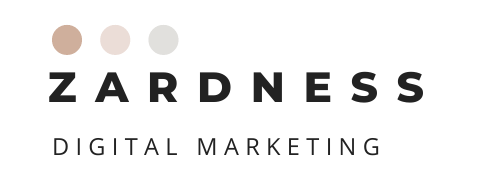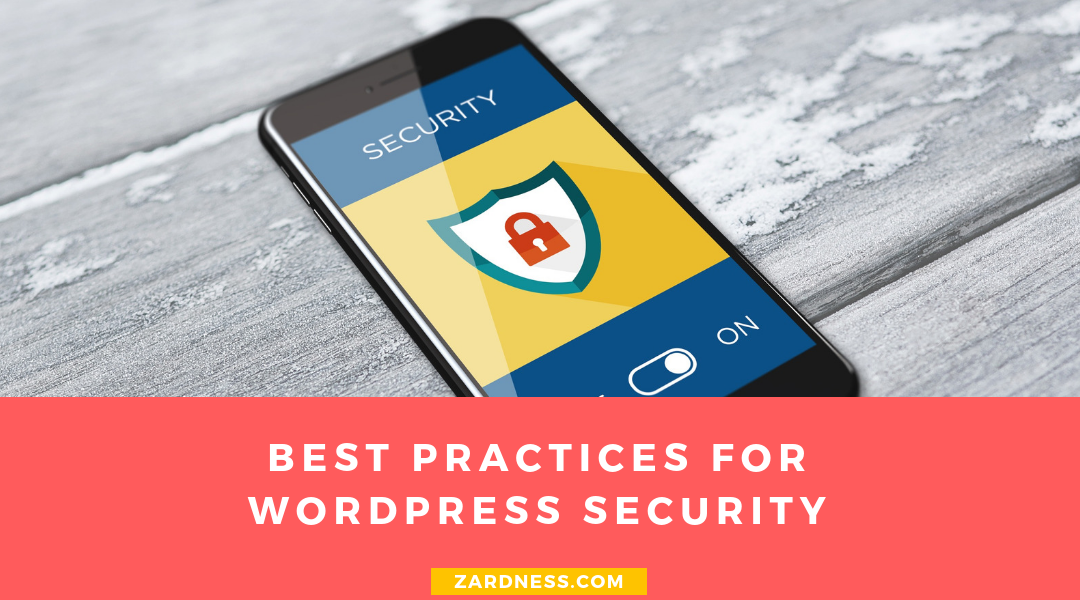WordPress security is a topic of huge importance for every website owner. If your website is a business, then you need to pay extra attention to your WordPress security to protect your site against hackers and malware.
Google blacklists around 10,000+ websites every day for malware and around 50,000 for phishing every week. Your site shouldn’t be one of them. This can break your site and cost you an endless amount of money to restore, not to mention the headache that comes with restoration.
There are different reasons why all websites are at risk of attack. Being chosen as a specific target is very rare, as there would be someone (like a competitor) that have an interest in damaging. There is only about 1% of the attacks that are revealed in the network.
The rest of the attempts to tamper with the websites, that is, 99% of cases, has no specific target. The motivation is to use the website to make criminal activities by inserting texts and backlinks within our pages that sometimes are not visible while browsing, but are present in the code.
Sometimes they infect our website with malware to spread to as many computers as possible and derive sensitive information such as online banking or similar.
WordPress is full of vulnerabilities, but after implementing these tactics and following up with continual WordPress security checks, you’ll be well on your way to secure your WordPress website for good.
1. BACKUPS
Backups should be the number one thing to do constantly after you launch your website. Like we mentioned earlier, restoration could be a headache and doing so without backup is almost impossible.
There’s a bunch of tools that can help you with this but an important feature to look out for is off-site storage. Saving your backup files on a different server than your site will prevent the backups from being compromised in the event of an attack.
2. UPDATES
If you don’t update, you are leaving yourself wide open for an attack. Keep your site up-to-date by updating themes, plugins, and WordPress core frequently. Choosing reliable and well-maintained plugins and themes is also important. Every good software product is supported by its developers and gets updated now and then. Do your due diligence before selecting a free WordPress theme.3. PROTECT THE LOGIN PAGE
Every WordPress site has the same login URL page. It’s /wp-login.php or /wp-admin. By changing this to a customized login page you can protect your site from attacks.
Using a website lockdown feature will also protect you from brute force attacks. The feature will lock down the site when there are a number of failed login attempts and you’ll get a notification telling you someone is attempting to access your site without authorization.
Don’t use “admin” as a username. This is the most common username the hackers will try to sign in with. Also, choose a strong password that you regularly change. A mix of uppercase and lowercase characters with numbers and special characters is good. The longer the password is, the harder it is for hackers to figure out.
4. USE TWO-FACTOR AUTHENTICATION
Introducing a two-factor authentication (2FA) module on the login page is another good security measure. In this case, the user provides login details for two different components. The website owner decides what those two are. It can be a regular password followed by a secret question, a secret code, a set of characters, or more popular, the Google Authenticator app, which sends a secret code to your phone. This way, only the person with your phone (you) can log in to your site.
5. DISALLOW FILE EDITING
If a user has admin access to your WordPress dashboard they can edit any files that are part of your WordPress installation. This includes all plugins and themes.
If you disallow file editing, no one will be able to modify any of the files – even if a hacker obtains admin access to your WordPress dashboard.
Add the following to the wp-config.php file (at the very end):
define(‘DISALLOW_FILE_EDIT’, true);
If you are a beginner then this can be a lot to take in. The more you care about your WordPress security, the harder it gets for a hacker to break in. Zardness can help to improve the security of WordPress and raise the level of protection to the maximum possible.

